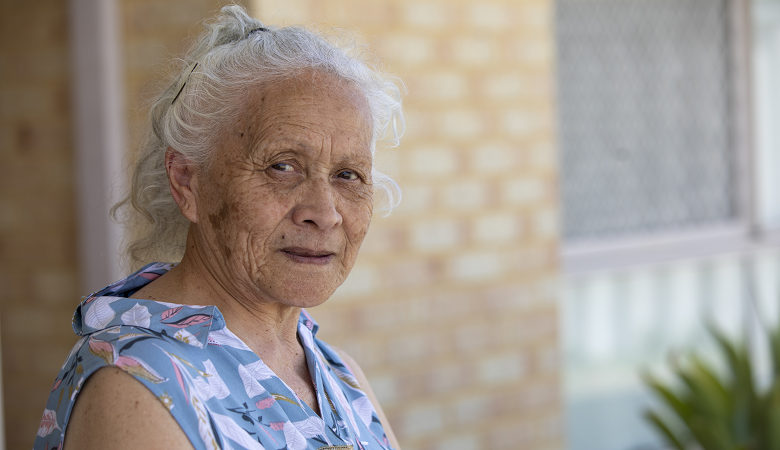
Challenge
The prevalence of elder mistreatment has consistently, and intractably, been estimated at 1 in 10 older adults. During the COVID-19 pandemic, one study documented an increase in this prevalence rate to 21.3%. The pandemic also exposed and exacerbated ageist attitudes about the value of older people.
New urgency often brings new opportunity. In this case, the pandemic has forced a needed reckoning with the shortfalls in systems of health care for older adults and a growing interest in age-friendly health systems. Since 2016, EDC has led the National Collaboratory to Address Elder Mistreatment, bringing together leading national experts to design, test, and implement a model for more effective identification and management of elder mistreatment in emergency departments.
Key Activities
The project is carrying out the following activities:
- Launch a toolkit to enable health settings to better screen and refer older adults for mistreatment, including resources to train staff and strengthen connections with community resources
- Recruit up to 45 new institutions to adopt the elder mistreatment care model, offering technical assistance to ensure fidelity and impact
- Expand and support a diverse talent pipeline of clinicians and researchers through an elder mistreatment mentorship program
- Convene national experts in policy and payment reform to develop and publish recommendations for systems change in support of measures to address elder mistreatment
- Host a national summit on the intersection of elder mistreatment, dementia, and other risk factors
Impact
- 15,000 older adults screened in emergency departments for elder mistreatment during a feasibility trial
- Six health systems adopting the care model and maintaining its use throughout the COVID-19 pandemic
- Co-editing and co-authoring multiple articles in a special issue of Generations, Journal of the American Society on Aging
Learn More
PROJECT DIRECTOR

EDC Staff


DURATION
FUNDED BY
PARTNERS
University of Southern California Keck School of Medicine, University of Texas Health Science Center at Houston, and Weill Cornell Medical College